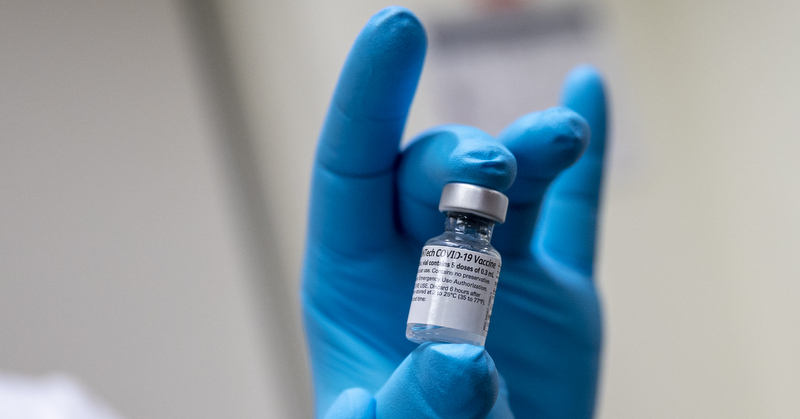
In the beginning of the COVID-19 (coronavirus disease 2019) pandemic, strict government regulations were imposed as an attempt to stem the transmission of the virus. These restrictions required business establishments to put their workplace operations on hold, save for businesses deemed necessary to provide basic necessities.
While the regulations were meant for the immediate protection of people’s health, their adverse economic impact was deeply felt by establishments relying heavily on actual customer contact.
To keep their businesses afloat, employers needed to adjust to the demands of the situation by adopting flexible work policies. Indeed, while businesses were forced to operate at a reduced on-site workplace capacity, technology made employees conveniently accessible to their employers. This ensured the on-boarding of every employee daily and, effectively, serves as a prelude to the new normal business operations.
Undeniably, physical interactions are still key for some industries and work productivity in the workplace setting has been proven to be effective. As such, employers cannot be faulted for seeking the “old” normal. However, since we are still without a universal cure for COVID-19, society’s hope for the return of normalcy would rely heavily on safe and effective vaccinations.
Given that the government’s vaccination plan prioritizes frontline health workers and other vulnerable sectors, employers are taking charge and are beginning to procure vaccines for their employees.
Aside from deciding on what vaccine brand to procure, employers are determining the proper tax treatment of the employees’ vaccine benefit, i.e., whether or not it is taxable as additional compensation of employees subject to withholding tax on compensation.
DE MINIMIS BENEFITS
In general, all compensation for services performed by employees for their employers are subject to withholding tax on compensation (WTC). However, De Minimis benefits are exempt from income tax and the consequent WTC. These are the benefits of relatively small value and are offered or furnished by the employer merely as a means of promoting the health, goodwill, contentment, or efficiency of his or her employees.
Under Revenue Regulation No. 02-98, as amended, the following are considered De Minimis benefits:
“b. Medical cash allowance to dependents of employees, not exceeding P1,500 per employee per semester or P250 per month;
xxx
e. Actual medical assistance not exceeding P10,000 per annum;”
ACTUAL MEDICAL ASSISTANCE
In Bureau of Internal Revenue (BIR) Ruling No. 019-02, the BIR clarified that in order for yearly medical benefits to be considered as De Minimis benefits exempt from tax, these must not exceed P10,000 per annum, and it must be actually used or utilized for medical reasons. As such, the following conditions must concur:
- The amount given to the employee shall be for his own medical expenses;
- The amount actually given and actually spent shall not exceed P10,000 in any given calendar year; and
- The employee must fully substantiate with official receipts in his name the medical allowance so granted, on or before the annualization of withholding taxes in any given calendar year.
Based on the above, the benefit of COVID-19 vaccination may fall under “actual medical assistance,” provided the requisites are met.
It is worthy to note that because of the P10,000 threshold, the value of the vaccine will be added to the value of other medical assistance actually provided by the employer for the year. The amount exceeding the threshold shall be subject to ta, or it may be considered in determining the P90,000 threshold of other benefits excluded from gross income provided in Section 32 (B)(7)(e)(iv) of the Tax Code.
Nevertheless, if the value of the vaccine added to other benefits goes beyond the P10,000 threshold for actual medical assistance and the P90,000 threshold for other benefits, it may still be argued that it is exempt from tax as it is provided for the ultimate benefit of the employer and that the convenience on the part of the employer can be sufficiently proven. The employer is ultimately benefited by having a healthy worker and workforce.
MEDICAL CASH ALLOWANCE TO DEPENDENTS OF EMPLOYEES
For employers who intend to subsidize their employees’ dependents/immediate family, only to the extent of P1,500 per employee per semester or P250 per month may be considered exempt De Minimis benefit. Thus, the amount exceeding the threshold is taxable or may be considered in determining the P90,000 threshold for “other benefits.”
BUSINESS EXPENSE OF THE EMPLOYER
At the end of the day, whether or not the vaccine benefit is considered as taxable compensation of the employees or not, it may be considered as business expense deductible from the employer’s gross income.
Written by:

Kristel Mariz G. Marajas
Associate
Tax
Angara Abello Concepcion Regala & Cruz Law Offices (ACCRALAW)
+(632) 8830-8000. kgmarajas@accralaw.com
First published in Business World, a newspaper of general circulation in the Philippines. This article is for informational and educational purposes only. It is not offered and does not constitute legal advice or legal opinion.







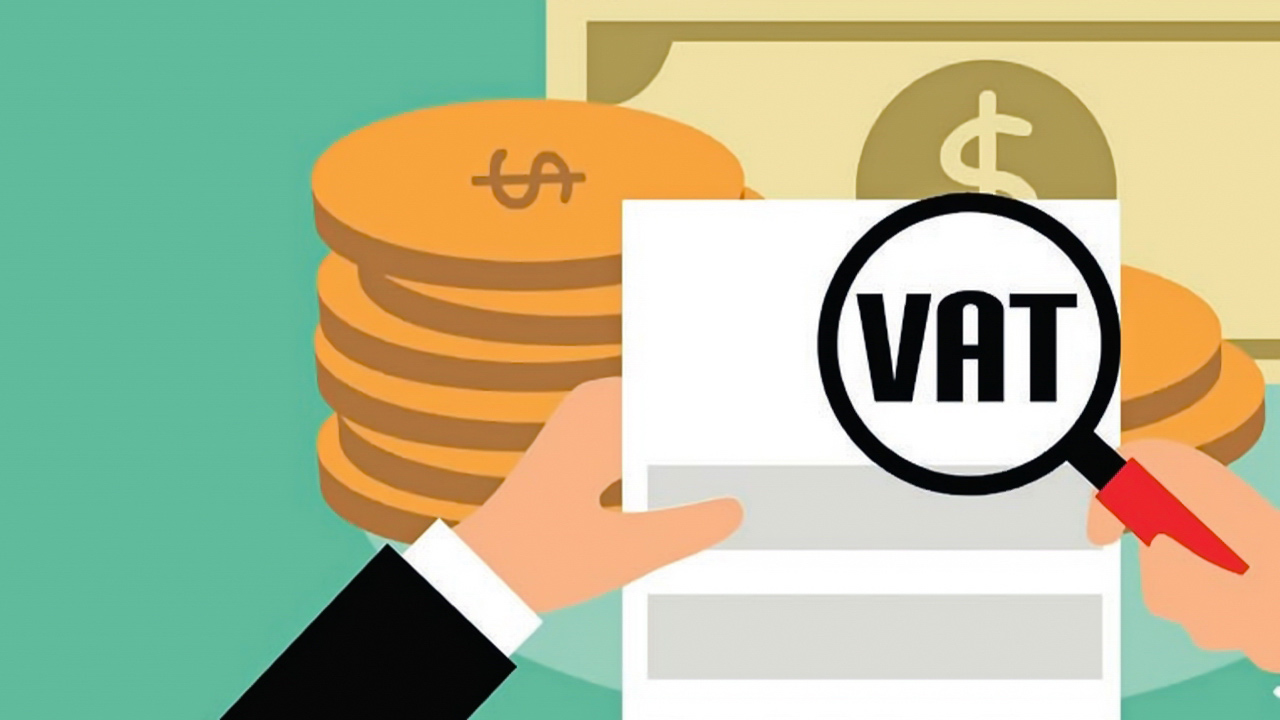

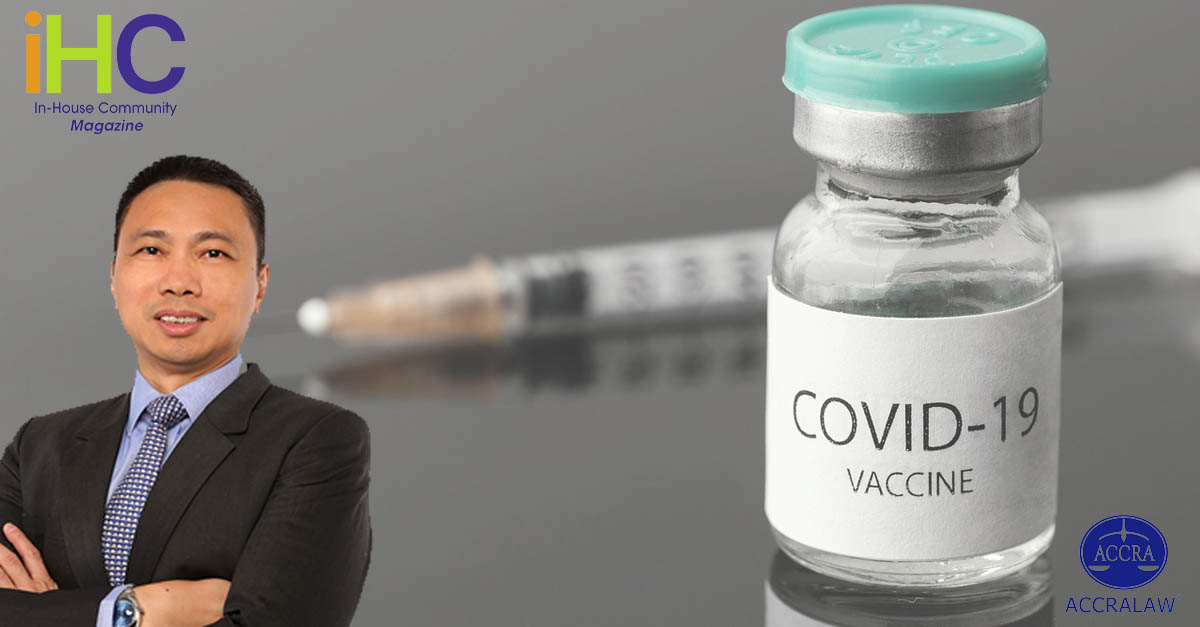






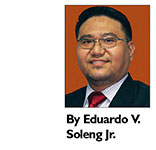

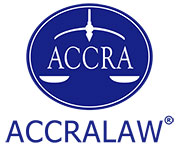 Angara Abello Concepcion Regala & Cruz Law Offices (ACCRALAW) 2020
Angara Abello Concepcion Regala & Cruz Law Offices (ACCRALAW) 2020







